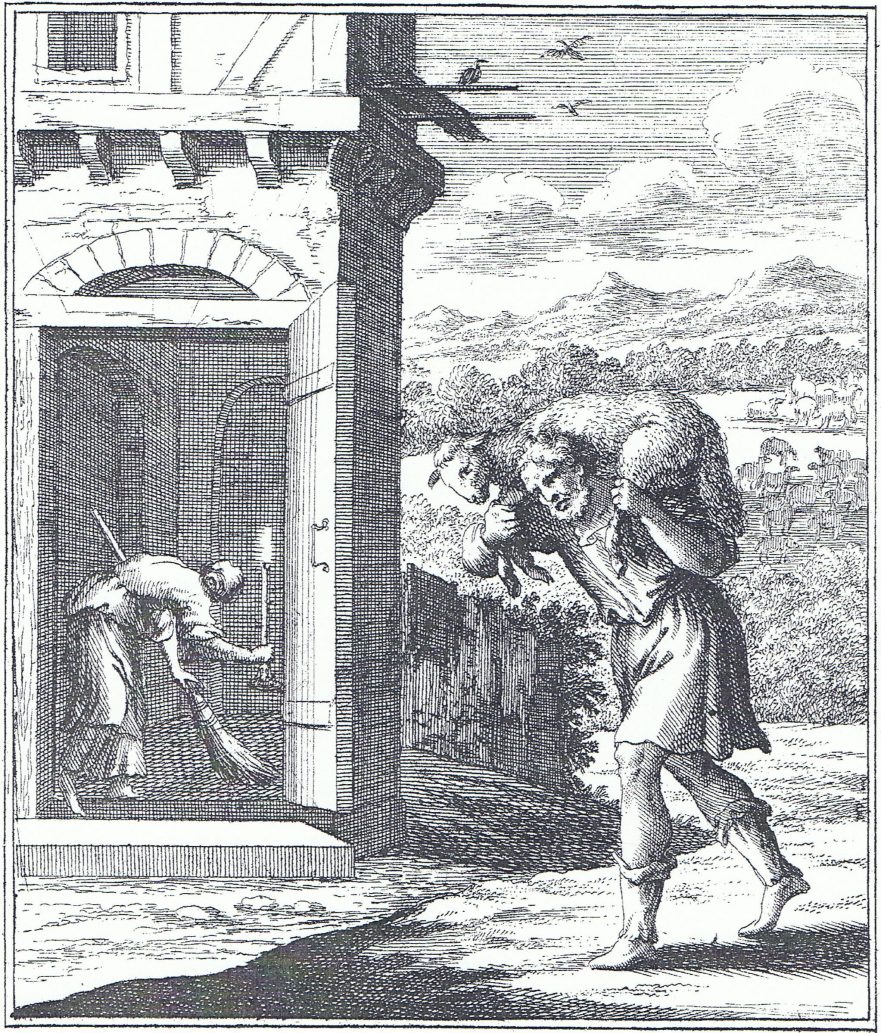Here are some examples: Matt 6:19-21 or Matt 6-9 Dwelling or Matt 6-9 NOT Dwelling To see more examples and to learn how to capitalize on this new power, we’ve created a special page.
The Best Long-term Investment—Making Loans to God
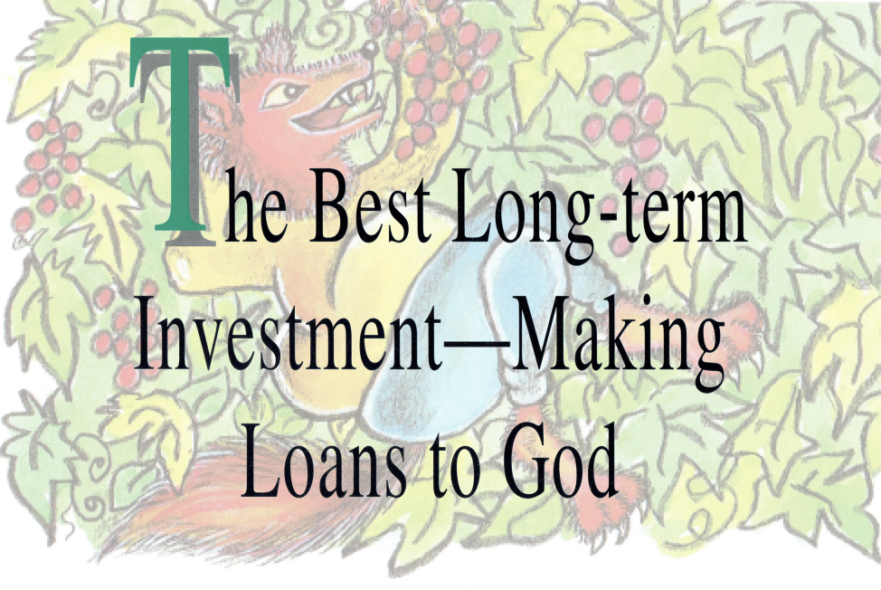
— /wp:paragraph –>(Matt. 6:19-20)
Jesus’ homily, which has been preserved in Matthew 6:19-24, contributes a small but priceless piece to a larger canvas—stewardship in the faith and piety of late Second Temple-period Judaism.
The Didache and its Relevance for Understanding the Gospel of Matthew

How to cite this article: Huub van de Sandt, “The Didache and its Relevance for Understanding the Gospel of Matthew,” Jerusalem Perspective (2016) .
Treasures in Heaven
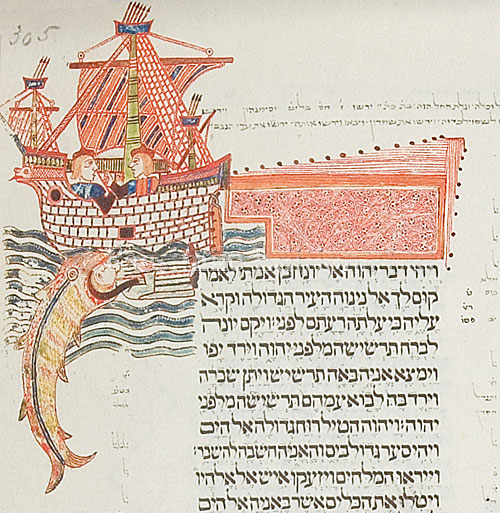
Matthew 6:19-24 represents a homily on maintaining a proper attitude toward money. … For example, Matthew 6:19-21 parallels Luke 12:33, 34, Matthew 6:22, 23 parallels Luke 11:34-36, and Matthew 6:24 parallels Luke 16:13, which comes after the Parable of the Unrighteous Steward.
Cataloging the Gospels’ Hebraisms: Part Six (Parallelism)

(Matt. 6:19-20; RSV)
A knowledge of Hebrew parallelism is one additional aid to investigators of the synoptic Gospels since, when two or more versions of a saying of Jesus have been preserved, the greater perfection of the parallelism in one version may be key in determining it is the earliest, the closest to the text of the conjectured lost Hebrew biography of Jesus of which early church sources speak. … Therefore, it is probable that Luke 12:33 is a revision of a text like Matthew 6:19-20.
“Treasure in Heaven”: Examining an Ancient Idiom for Charity
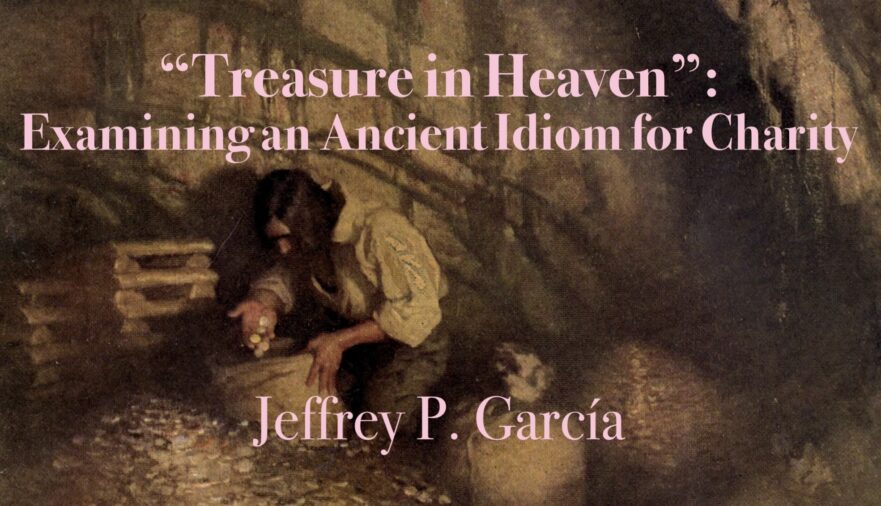
For my brother, Jeff, whose charity towards me was always done with a “good heart;” truly he has stored his “treasure in heaven.”
Introduction
Jesus’ Attitude to Poverty
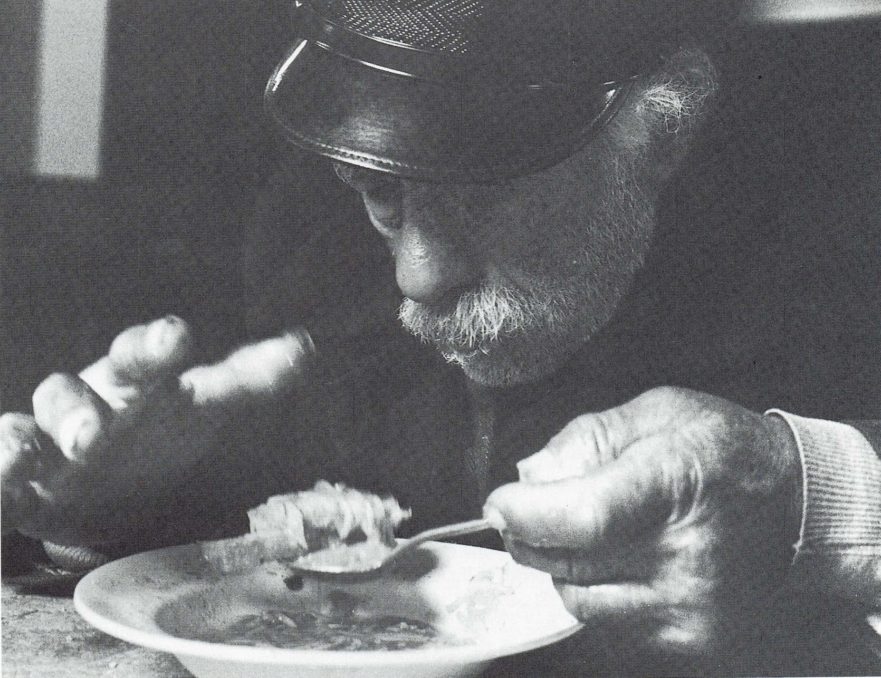
Revised: 21-Apr-2013
Certain circles within the Judaism of Jesus’ day took the view that there was something spiritually beneficial in poverty per se, that it was a mark of God’s special favor to be poor.The Hasidim were perhaps the most influential proponents of this philosophy in first-century Israel. These were a stream of Galilean sages who were close in theology to the Pharisees while at the same time in tension with them because the Hasidim emphasized the doing of good deeds more than the study of Torah.
Jesus’ Yoke and Burden
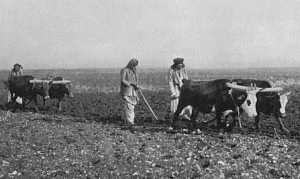
Revised: 25-Nov-2014″Come to me, all you who are weary and burdened, and I will give you rest. Take my yoke upon you and learn from me, for I am gentle and humble in heart, and you will find rest for your souls. For my yoke is easy and my burden is light” (Matt. 11:28-30; NIV). Although extraordinarily beautiful, Jesus’ saying recorded in Matthew 11:28-30 is enigmatic. What is this saying’s meaning, and what were Jesus’ “yoke” and “burden”?
Notes on the New Testament as a Witness for Broader Jewish Patterns in Jesus’ Times
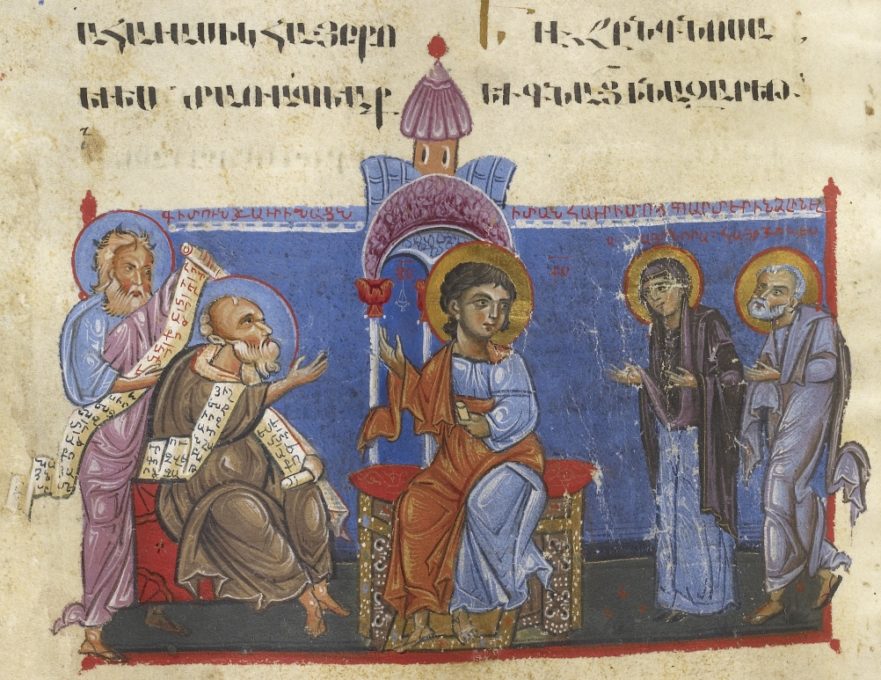
If the argument for the Jewish matrix of the early Jesus-centered tradition is taken seriously, the New Testament sources should be expected not only to react to elements of that matrix, but also to reflect them. It is here that study of the Jewish setting of early Christianity for the sake of better understanding the latter morphs into the investigation of early Jesus movement sources as witnesses for broader Jewish tendencies. Scholars of Qumran developed salient methods and insights that allow us to learn from the Scrolls not only about the particular group that seems to have produced them, but also about its rivals as well as “wider Judaism.” It stands to reason that a similar effort can contribute to critical assessment of the “witness value” of the earliest Christian writings: We can suppose that much of the material found there mirrors more general patterns of broader Jewish thought and practice.
Rich Man Declines the Kingdom of Heaven
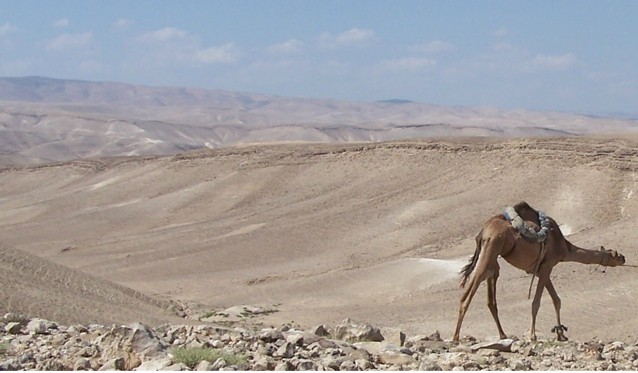
Matt. 19:16-30; Mark 10:17-31; Luke 18:18-30 (Huck 189; Aland 254-255; Crook 294-295)For abbreviations and bibliographical references, see “Introduction to ‘The Life of Yeshua: A Suggested Reconstruction.'” Preliminary research on the Rich Man Declines the Kingdom of Heaven incident was carried out in 1986-1987. Seventeen Jerusalem School seminar sessions were devoted to this pericope: eight seminars were held February-June 1986, and a further nine seminars between November 1986 and May 1987.
Jerusalem School Seminar participants engaged in discussing the Rich Man Declines the Kingdom of Heaven incident.
Jesus and the Oral Torah: Tithing
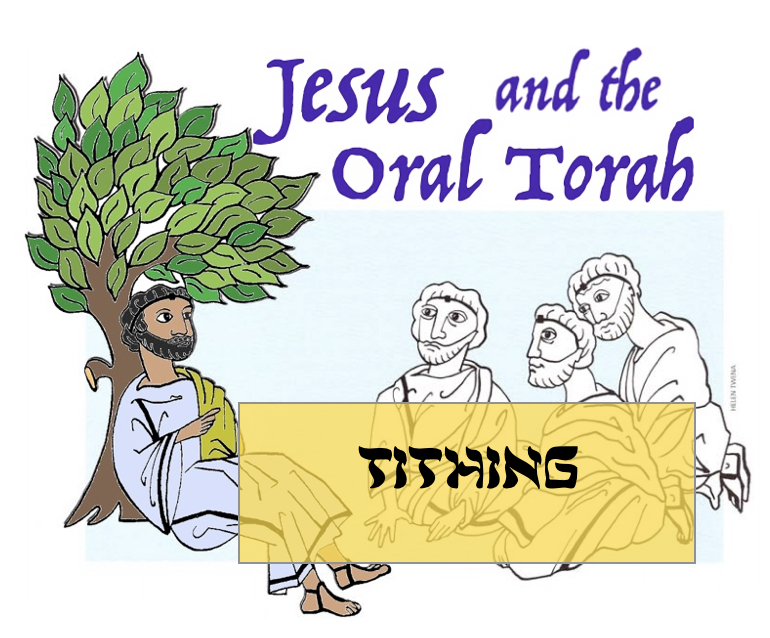
— wp:paragraph –>
Jesus must have been a generous giver himself, since he taught that one should “lay up treasures in Heaven” (Matt. 6:20) and that if one’s “eye is bad his whole body is full of darkness” (Matt. 6:23).
“Torah and the Kingdom of Heaven” complex
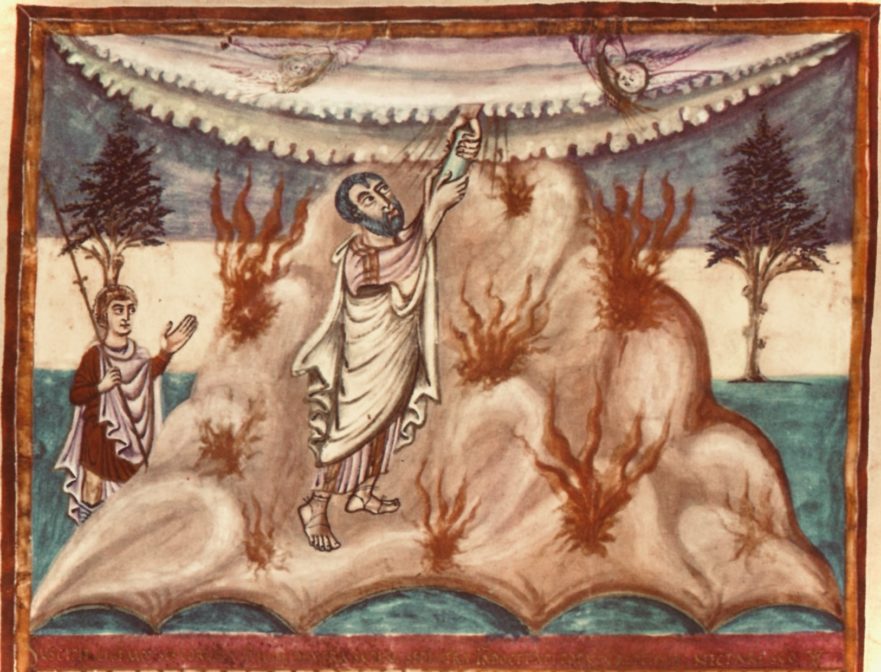
In Luke this discourse unit is traditionally called the Sermon on the Plain (Luke 6:20-7:1), while in Matthew the discourse unit is known as the Sermon on the Mount (Matt. 5:1-7:29; 8:5a).
Narrow Gate
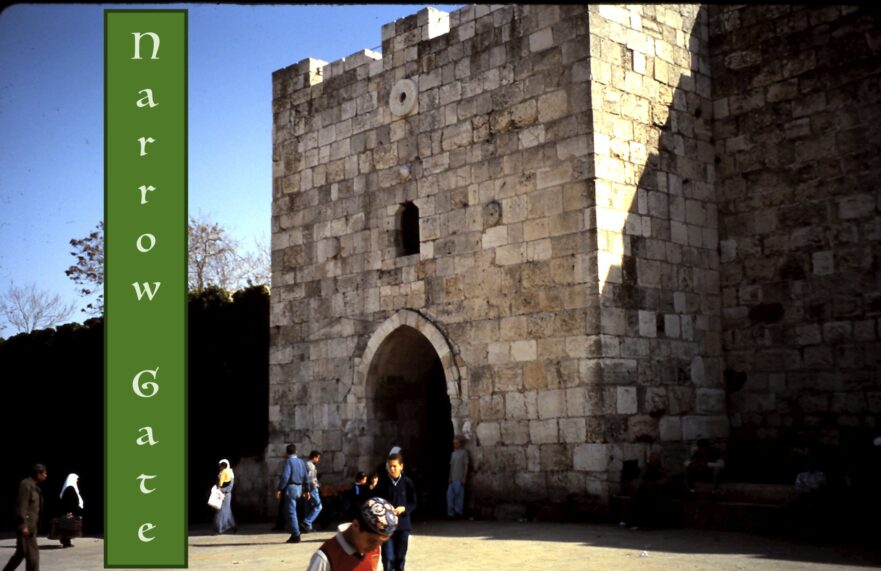
How to cite this article:
Joshua N. Tilton and David N. Bivin, “Narrow Gate,” The Life of Yeshua: A Suggested Reconstruction (Jerusalem Perspective, 2024) .
Sermon’s End

Matthew’s Gospel has a different story order in which Man with Scale Disease (Matt. 8:1-4), a Triple Tradition (TT) pericope, follows the Sermon on the Mount (Matt. 5:1-7:29).
Cataloging the Gospels’ Hebraisms: Part Three (Impersonal “They”)

In another place, Jesus says: “Lay up treasure in heaven,” also a teaching about giving to the poor (Matt. 6:20).
- Page 1 of 2
- 1
- 2


